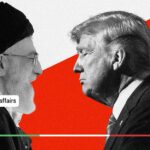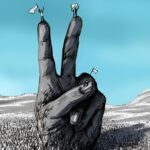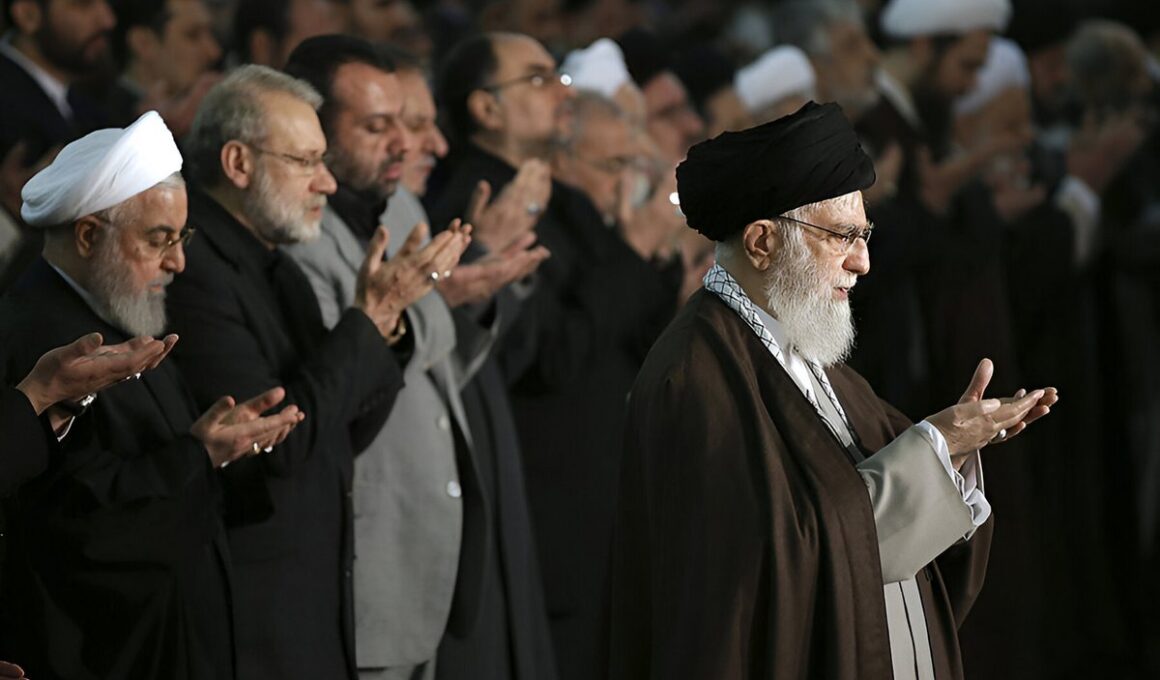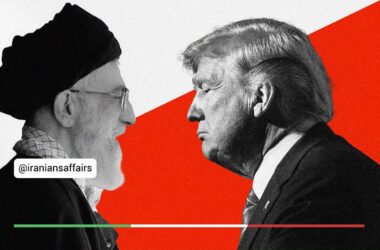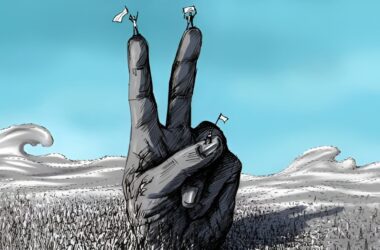Protests against the regime are the beginnings of a national independence movement.
The Iranian president’s Koranic sermon to the UN General Assembly last week made it clear that the Islamic Republic is an unusual member of the United Nations.
The Islamic Republic does not even claim to be a nation-state. “Islam opposes nationalism and nationhood,” proclaimed Ayatollah Ruhollah Khomeini in the wake of the Islamic Revolution he led in 1979. “We have no need for people who want to be part of a nation,” he warned his critics. “We need people who are Muslims.”
The regime he founded embraces an extreme interpretation of Islam, which acknowledges no legitimate sovereignty save the universal rule of Allah. This sovereignty is administered on Earth by clerics who, though they are obliged to interact with other nation-states, regard them as fundamentally illegitimate, and are committed to their overthrow. Contrary to both the liberal and communist wings of Enlightenment tradition, there is no place in their system for “the people”, who may be legitimately jailed or executed if they dare to contest divinely ordained laws and institutions.
This is an outlandish polity. How do we describe it in normal political language? It is a colonial regime. A peculiar kind perhaps, where dispossession is administered from within rather than without. But colonialism it is. Iran’s national resources are plundered in order to support a foreign project: the global Shia revolution. The aim of that revolution is to spread Shia doctrine universally, destroy Israel, generate an earthly war of all against all, and so create the conditions for the final apocalypse, when the 12th imam will return to lead Muslim forces. Driven by such millenarian considerations, the regime disdains “normal” political constraints, and considers the use of nuclear weapons, for instance, to be rational and justified if it accelerates this final arrival.
This project is as alien to most Iranians as it is to most readers of this article; obviously, they do not wish their country to be sacrificed to it. There is a deep historical bond, for example, between them and the people of Israel, which goes back to the time of Cyrus the Great. The Iranian people must therefore be coerced – by levels of economic exploitation and legal annihilation equivalent to what Algerians experienced under the French or Kenyans under the British. And inevitably there is a similar, furious, backlash. The protests that have been going on since the state murder of 22-year-old Mahsa Amini last year aim not merely to secure greater rights for women, as the foreign media usually reports. The weekend before last, on the anniversary of that murder, despite the huge presence of regime forces, demonstrators in many Iranian cities repeated the same chant, “We fight, we die, we take Iran back from this occupying regime.” This is a movement for national independence.
“Colonialism within one country” might seem counter-intuitive, so let us reflect on how the classic features of colonialism are displayed in Iran.
First, the historical trajectory of Iran’s political development has been cut off. That trajectory produced the Middle East’s first parliamentary democracy in 1906. Already by the 1920s, the country was moving towards a secular legal system guaranteeing freedom of speech and belief, and equality of women and religious minorities. Those innovations emerged from political traditions dating back to ancient Persia; in trying to undo them, the Islamic Republic has waged war on Persian history and culture. That campaign has resulted in devastating losses to global cultural heritage. Having no consideration for ancient temples and palaces, for example, the cash-strapped regime is selling world heritage sites to the highest bidder. The protesters’ emphasis on Persian art and poetry derives from widespread repugnance for this destruction.
This article has been sourced from the New Statesman website.
https://www.newstatesman.com/international-content/2023/09/islamic-republic-colonised-iran?s=35
